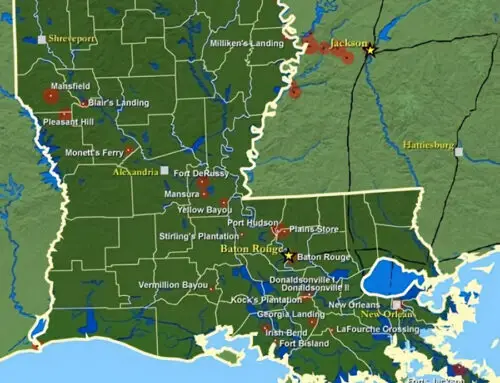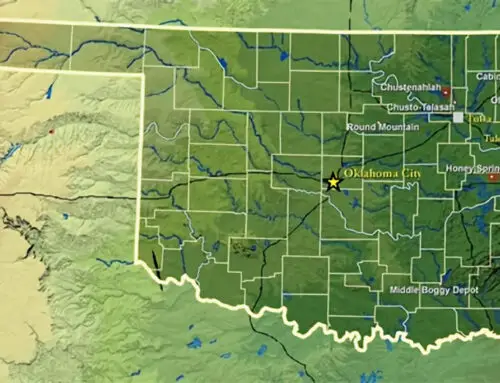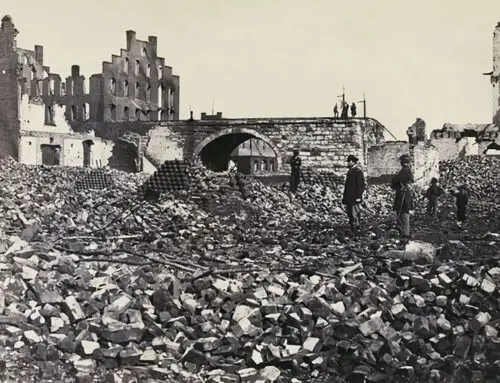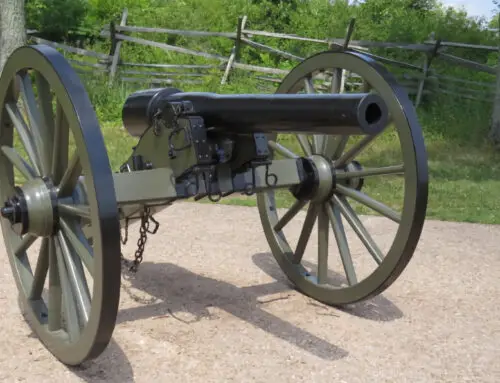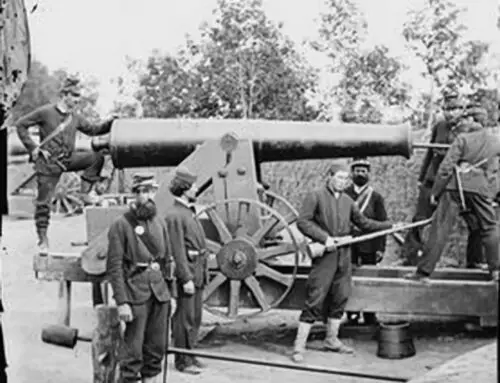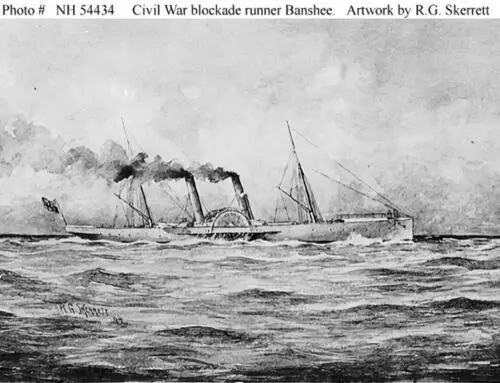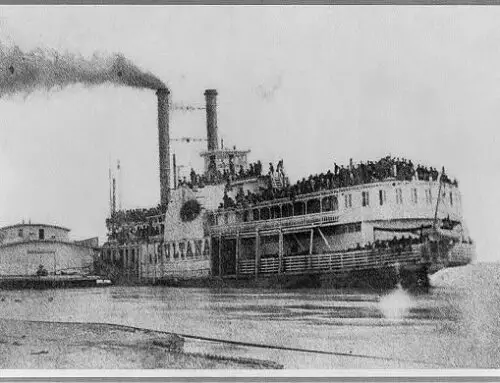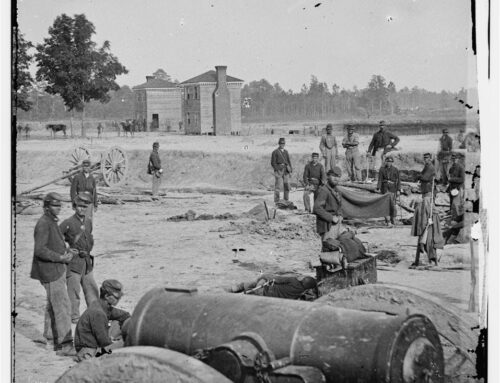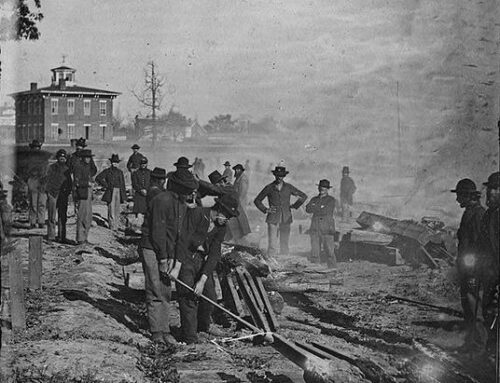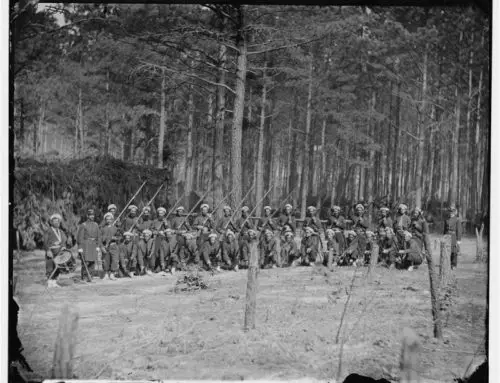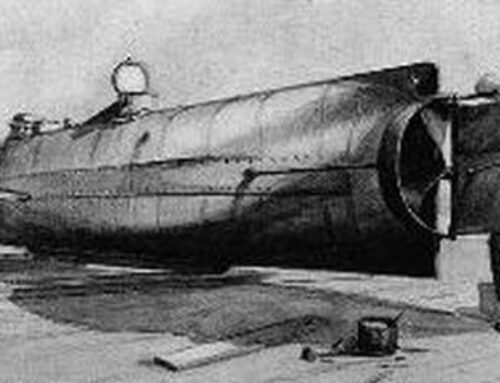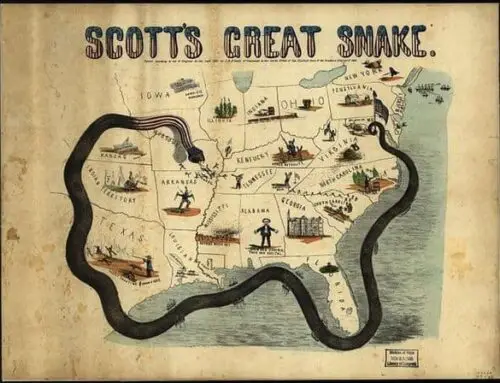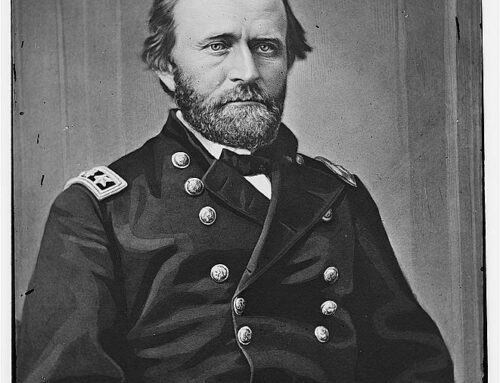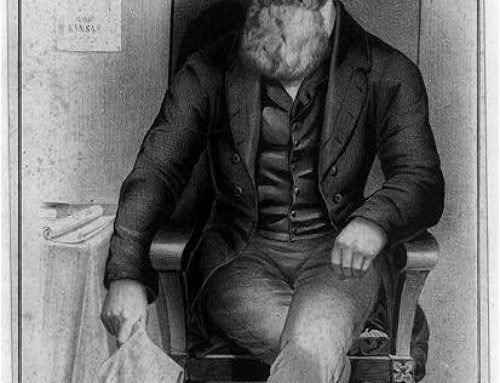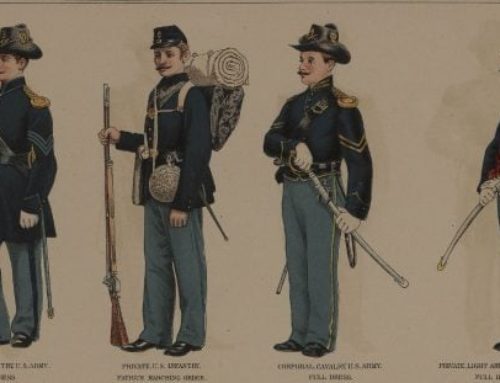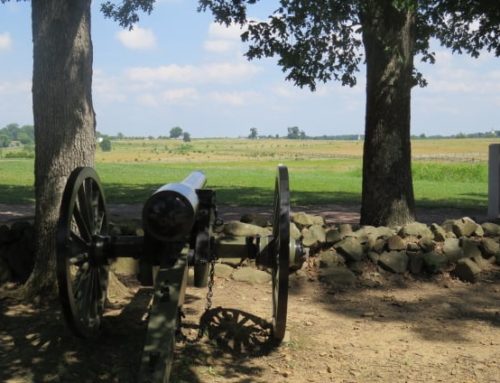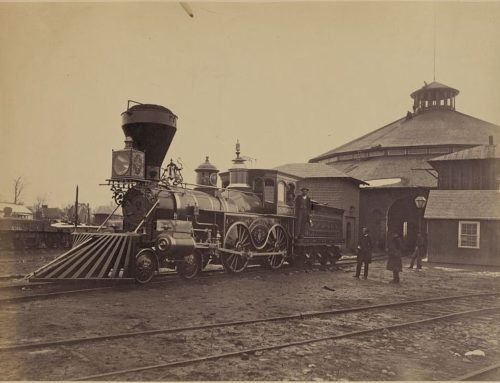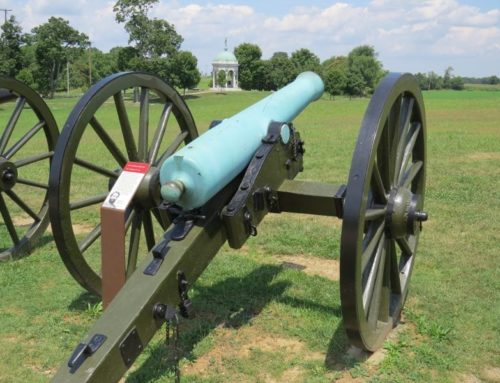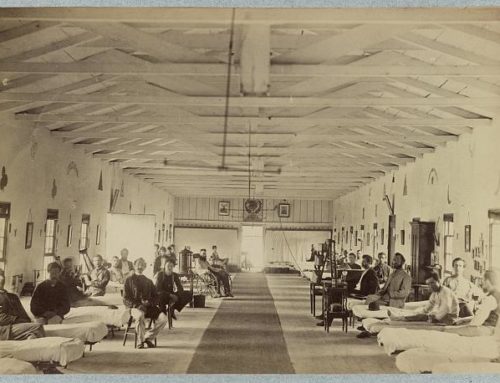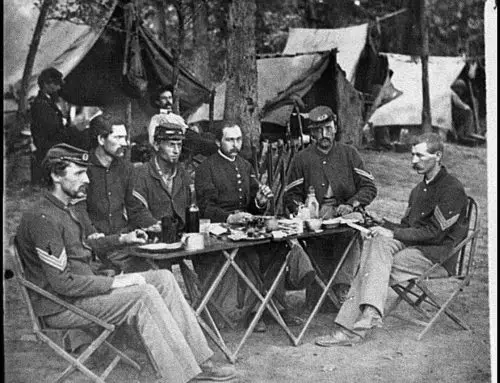(1865-1877)
Reconstruction of the devastated south was very important. The Civil War was over. The North had claimed victory and now the time was at hand to claim the spoils that war rewards. A monumental task lay in front of the victors; the Northern leaders were scrambling trying to put the pieces of a war-torn nation back in place. Where to begin? Reconstruction.
The term refers to the rebuilding of something usually that was destroyed or diminished by an outside-unforeseen enemy. This was not the case, for the Union leaders who now had the unenviable job of reconnecting a country so ravaged by war, brother against brother.
President Lincoln was at the helm of the rebuilding effort and he alone was to lead the country back from the dark ages of war. This is not to say that Lincoln did not have assistance, for he did and some of that assistance was negative. Feuding factions within the Union threatened to bring the country to the brink of sheer destruction. A country that is still licking its gaping wounds was a vulnerable one at best.
President Lincoln realized this and knew what he had to do in order to save the red, white, and blue. Thousands of men had sacrificed their lives from both sides in one of the bloodiest conflicts the country could ever know. Regardless of the future wars, and they were traumatic, dramatic, casualty-filled battles on foreign soil, none would compare to the loss of life as the Civil War. Reconstruction was on the Presidents mind and not much else.
How to reconstruct the destroyed south? That was the main goal of the Reconstruction effort. The North had to devise a way to reinvent the South in everything that is required for a country. Commerce, residential, shipping, and farming. So many important points of interest and none more important as the one that was the cause of the war, slavery. The idea of slavery, which had been abolished by the Union victory, needed to be enforced.
That meant that troops were to be positioned in the South all through the sector. Dissent and hatred of the Boys in Blue, ran deeper than in the war itself. Not only did the South resent the North for all that had transpired during the war, they must now house, feed, and entertain the occupying force. The amendments of the Constitution, 13,14, and 15, outlawed all forms of slavery in the entire United States.
A great first step that had come with a heavy price. The free black slaves numbered in the millions, four million to be exact. That is a huge influx of humanity, new citizens that had to be counted, indoctrinated into the country that once had enslaved them.
The African-Americans that now found themselves on the street with nowhere to go were left to their own devices. What were they to do? Some actually stayed on as free-slaves as they had nowhere else to go. The irony of freedom. Free but still enslaved. A new dark age was creeping into the spotlight. Redemption.
This was what the South had in mind. The abolition of slavery was a Northern mandate. Resentment still ran deep, deep as the Mississippi. Something was brewing in the slave quarters and in the white houses of the plantation owners, and it was not good. It was a great start, yet, in itself, not the best solution. Time would prove that.

